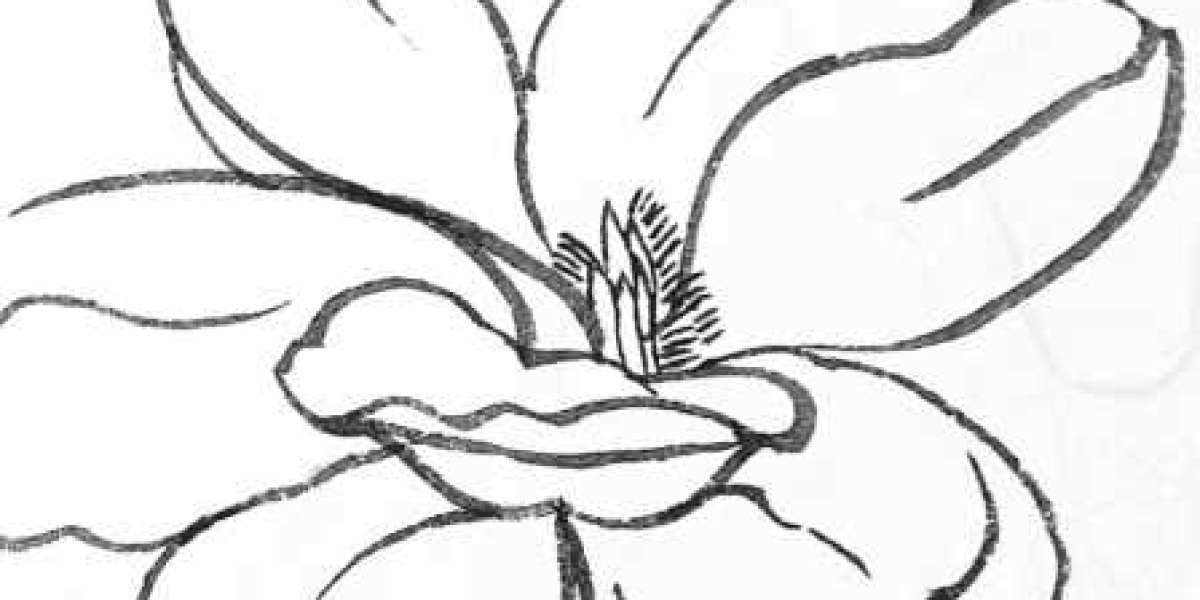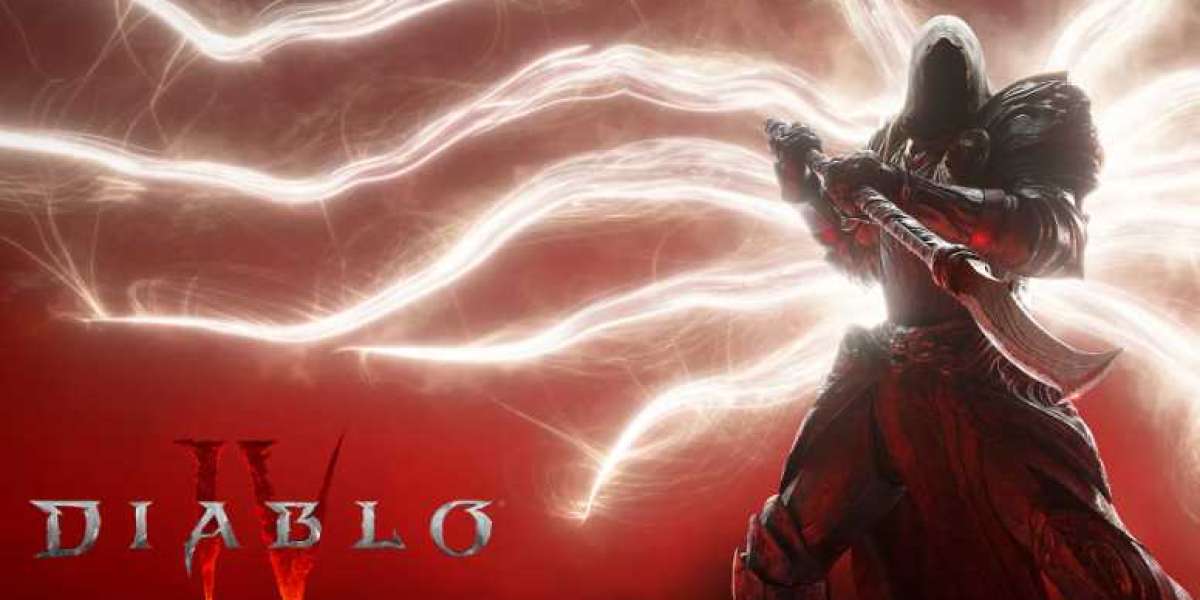Without discussing Wang Anshi's knowledge here, Su Dongpo felt that it was really intolerable, because Su Dongpo's knowledge was much better than his. But now it can also be mentioned that Wang Anshi's etymology is ridiculous, just like a layman. In addition to his San Jing Xin Yi, the most angry thing among contemporary scholars is the strange atmosphere of discussing etymology caused by Wang Anshi. His etymology is only the study of the structure and origin of words, not by comparative methods, but by personal fantasy. Wang Anshi believed that this was a unique secret and an immortal contribution to academia. When he was old, he continued to study hard and wrote 25 volumes of books. A scholar in the West will understand that once a scholar allows his imagination to run wild without being restricted by scientific methods, that is, without using the teachings of the Han people and the simple learning methods of the Confucians of the Qing Dynasty, it is really easy for him to write 25 volumes of etymology. If fantasy is used, this "Fantasy Etymology" can be written ten times a day. Like Wang Anshi, it is easy and interesting to study the various reasons for the formation of a character and why a character is organized by certain radicals to express a certain meaning. About fifty of Wang Anshi's etymologies have been handed down, all of which are jokes after drinking. Many jokes between Su Dongpo and Wang Anshi are based on such etymology. Su Dongpo likes to use "reduction to absurdity". There is a word "Jiu" in Chinese, which is a combination of "Jiu" and "Niao". Obviously, the word "nine" is phonetic. Wang Anshi, regardless of the truth of phonetics, just wants to find something interesting to talk about in meaning. One day, when Su Dongpo was chatting with him, he suddenly asked Wang Anshi, "But why is the word" dove "composed of the word" nine birds "?" Wang Anshi is at a loss for words. "I can tell you why," said Su Dongpo. The Book of Songs has: Ming Jiu Zai Sang, his son Qi Xi. Seven birds and two parents, isn't that nine? The character "Bo" is composed of "Shui" and "Pi", and the radical "Pi" represents the sound. The word "wave" touched Wang Anshi's rich imagination, and he said that "wave" was the "skin" of "water". One day Su Dongpo met him and teased him, saying, "If the waves are the skin of water, then the slippery ones are the bones of water." Wang Anshi violated the basic principles of Chinese character formation. Sometimes he splits the root into two parts and then connects it with another radical, as in the case of the word "Fu", which really makes linguists laugh and cry. From the point of view of Western collectivism, some scholars of Chinese descendants intend to wash away the stain of Wang Anshi's history, say that his ideas are basically in line with modern socialism, and intend to restore his reputation in this way. Among the scholars who defended Wang Anshi, Liang Qichao, a great scholar in modern China, was one of them. Advocating Wang Anshi's socialist concept is right and wrong, but his socialist regime must be judged by his achievements. The fact is that Wang Anshi replaced the monopoly of the state with the monopoly of the private sector, causing small businessmen to lose their jobs, farmers to sell their wives and children and flee when they could not afford to pay the compulsory loan and interest for young crops, and neighbors who guaranteed him either fled with them or pawned their property. County and town jails are overcrowded, every county government has seized collateral and confiscated property, and the courts are full of lawsuits. Under such a failure of government, even if there is no foreign invasion, any Dynasty will perish. In the seventh year of Emperor Shenzong's reign (1074), one imperial decree said that commerce was suspended and the people were unemployed; two years later, another imperial decree stopped the loan of young crops, saying that many people were imprisoned and whipped because they could not repay the loan. In the fifth year of the reign of Emperor Zhezong (1890), heavy duty racking system , about 20 years later, Su Dongpo was trying to save the rural economy from bankruptcy, asking the government to return the confiscated property and forgive the debts of the poor. In his memorial to the throne, he said: …… To accept and detain the property, except for those who have already bought and handed over the property, and to give it to those who have not yet done so, to accept and redeem it, still for an unlimited number of years, and to hear it from all sides, all of them are encouraged to sing.. It is said that "since a certain person lost his job, his parents and wife have been separated, turned to the gully, and have no place to return for a long time". I am looking at the early legislation of the yuan Dynasty, which was originally the way for the people to make money and support themselves at different times since the establishment of the city, and all of them were collected by the public. Since Xiaomin had no other business, he could not avoid sticking to the beginning and the end of the official business, so that he could supply all the products, call for the establishment of limits, increase the price and interest, and change the credit, so as to meet the current urgent needs. When the limit expires, the compensation cannot be filled, and a heavy interest penalty is imposed. The longer the years, the more the debt. Branch decided to supervise copper, in order to catch wife season. A few years before the implementation of the new law, Wang Anshi was able to cover up the tragic situation, so that Shenzong did not know the truth, insisted that his land policy was quite supported by the peasants, and played up a totalitarian politics as a democratic politics, which made people feel like today. At that time, as now, whether the people loved a regime or not could only be known after that regime lost power. The emperor sincerely wanted to know the truth and sent someone to visit him. But the eunuchs and the treacherous investigators, knowing that the emperor approved of the reform, always reported to him that the people liked the new policy, that when the tax collectors arrived, the people cheered, which was certainly true according to the pre-arranged welcome meeting. After Wang Anshi had been in power for several years, the terrible situation was finally revealed in front of the emperor. It was only through a few paintings by a humble court official that the emperor learned about it. The palace official, whose name was Zheng Xia, saw groups of peasants fleeing from the northeast to Kyoto, filling the streets. He knew that painting was more powerful than writing, and he wanted to draw some pictures of the victims and present them to the emperor. A picture of a refugee shows a half-naked peasant, suffering from hunger, struggling on a sunny road in a storm that makes it impossible to open one's eyes. In another painting, half-naked men and women are eating grass roots and tree bark, while others are carrying chains and bricks and firewood to sell and pay taxes. As soon as the emperor saw it, he shed tears. Shenzong abolished many of Wang Anshi's new laws after the collapse of Songshan Mountain in Zhongyue, which was followed by an astonishing warning star. The eighth chapter Ao Xianggong A political storm is now blowing up, and it will cause a prairie fire, which will burn down the Song Dynasty. The storm began with a struggle between the state capitalist Wang Anshi, known as "Ao Xianggong", and his opponents. Wang Anshi's opposition included all the other officials, namely the virtuous Emperor Renzong, who cultivated and retained a generation of talents to lead the country in an atmosphere of freedom of thought. We need to understand the nature of that political struggle, because that kind of clique struggle enveloped Su Dongpo's life. omracking.com
Search
Popular Posts
-
 Anti-haze and anti-virus mask specially designed for children, unique valve filter design, can be used repeatedly! _Woob
By Deering
Anti-haze and anti-virus mask specially designed for children, unique valve filter design, can be used repeatedly! _Woob
By Deering -
 Supersystem _ 20200215155705.
By Aengaiyu9ok
Supersystem _ 20200215155705.
By Aengaiyu9ok -
 Üsküdar Su kaçak tespiti
Üsküdar Su kaçak tespiti
-
 Fate falls on Korean entertainment
By Deering
Fate falls on Korean entertainment
By Deering -
 Do you really know the guide wire of urology? _ Ureter
By Bourque
Do you really know the guide wire of urology? _ Ureter
By Bourque



